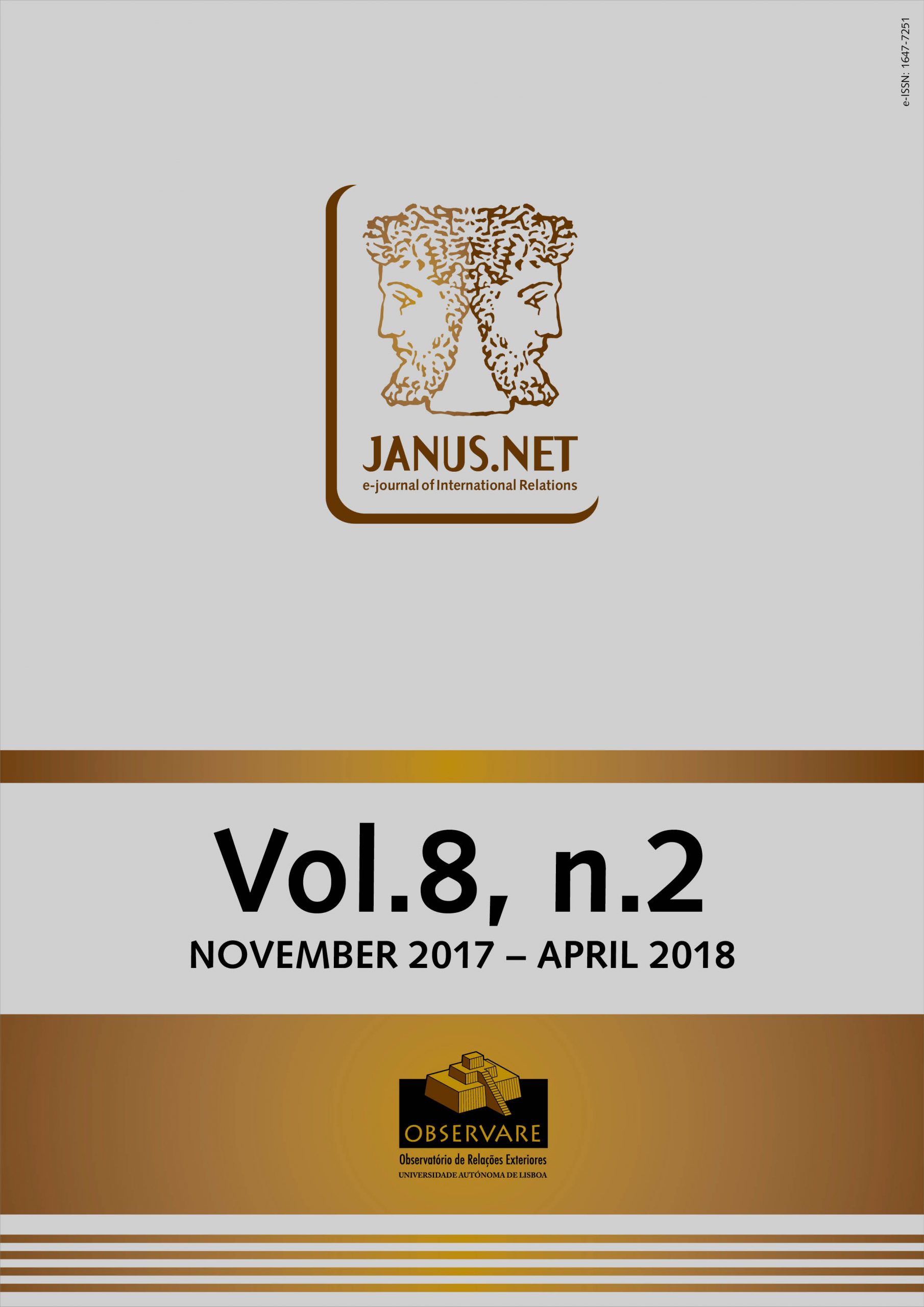The aim of this article is to study the “Responsibility to Protect”, its evolution since 2000 and what can be expected for its future. Concurrently, the paper takes into account the need to protect populations, victims of certain types of aggression and to preserve the international order. Major criticisms of this doctrine are highlighted, as well as some of its impacts on the international community and, significantly, some of the difficulties that have arisen during its development – a process that has been controversial and troubled. Some of the main risks and uncertainties that affect its future are investigated, considering that a set of emerging countries who do not agree with the Western liberal order intends to be more active in international affairs. The fundamental argument is that the future of this doctrine might continue to be troubled and full of uncertainties. Thus, for RtoP to evolve in a favourable way, it will be necessary, on the one hand, that the members of the Security Council of the United Nations engage in genuine multilateral cooperation in order to safeguard the changes taking place in the international order; and, on the other hand, that the States consider such crimes to be an essential issue of international security and part of their interests.
PAST, PRESENT AND FUTURE OF THE “RESPONSIBILITY TO PROTECT”: A BUMPY JOURNEY
Assistant Professor of International Relations at the Universidade Lusíada de Lisboa (Portugal) and Member and Visiting College Research Associate of Wolfson College, University of Cambridge. Between 2015 and 2016, he was a Visiting Professor at the University of Cambridge’s Department of Politics and International Studies. He holds a PhD in International Relations from the Universidade Nova de Lisboa; a Master’s in Economics (University of Kent, Canterbury, UK) and in Business Management (ISCTE-IUL); and a degree in Economics (Faculty of Economics, Universidade Nova de Lisboa). He is also a graduate of the National Defence Course of the National Defence Institute. He was a Vice President at the bank J.P. Morgan, initially as an economist in Paris, at the Global Markets Division, and later, at the Corporate Finance Department in Madrid. He was also an Associate Consultant at McKinsey & Co, in Lisbon, and a director of several companies, including OGMA – Indústria Aeronáutica de Portugal, SA; IDD, SA, in the area of defence; and Diário de Notícias, SA, in the area of media. He is the author of the book Peace and War in Raymond Aron: Ontology and Epistemology of the International Order, published by the Edições Instituto da Defesa Nacional in 2016.
Resumo
Palavras-chave
Como citar este artigo
Fernandes, Vitor Manuel Ramon (2017). “Past, present and future of the «Responsibility to protect»: a bumpy journey”. JANUS.NET e-journal of International Relations, Vol. 8, Nº. 2, November 2017-April 2018. Consulted [online] on the date of last consultation, DOI: https://doi.org/10.26619/1647-7251.8.2.1
Article received on 29 May, 2017 and accepted for publication on 3 September, 2017















